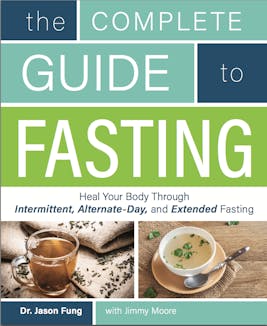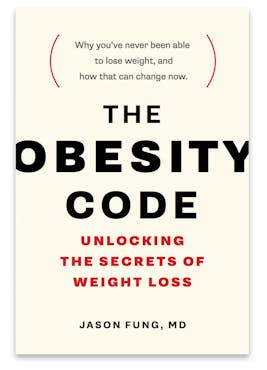Does eating extra fat make you fat?
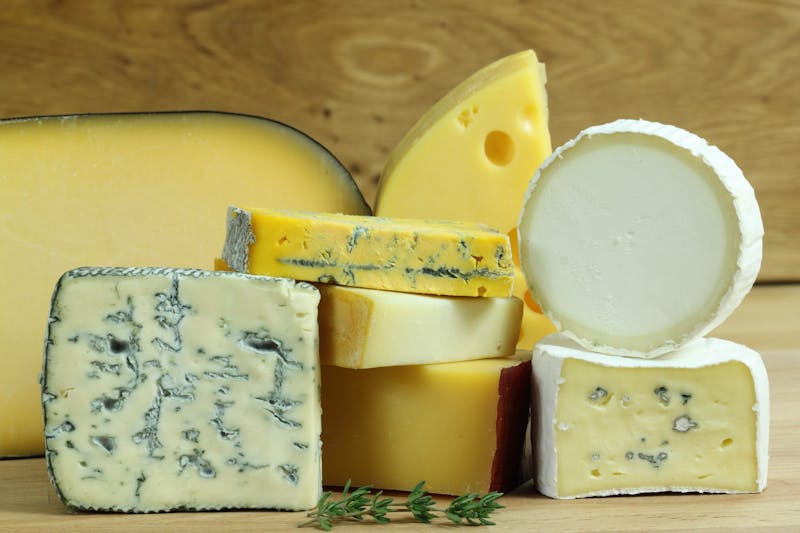
Does eating extra fat via fat bombs and Bulletproof Coffee make you fat? Here’s the short answer. Yes and no.
If you are slender, then eating fat will likely not make you fat. If you are obese or overweight then yes, eating more fat will likely make you fat. Let me explain. The answer, of course, has less to do with calories and more to do with physiology.
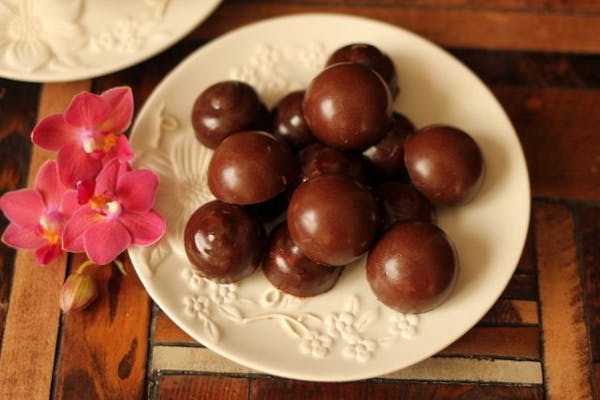


Insulin is the major driver of weight gain. When you gain body fat, the body responds by increasing secretion of a hormone called leptin, which tells the body to stop gaining weight. This is a negative feedback loop, designed to prevent us from becoming too fat. This is a survival mechanism because obese animals who cannot move properly will get eaten. So why doesn’t it work for us?
Insulin and leptin essentially are opposites. One tells the body to store body fat and the other tells it to stop. If we continue to eat fructose, causing insulin resistance and persistently high insulin, then we will also persistently stimulate leptin. Like all hormones, a persistently high hormone level leads to down regulation of hormonal receptors and the development of resistance. So persistently high leptin levels eventually lead to leptin resistance, which is exactly what we see in common obesity. So, lean people tend to be leptin sensitive and obese people tend to be leptin resistant.
The physiology of eating fat
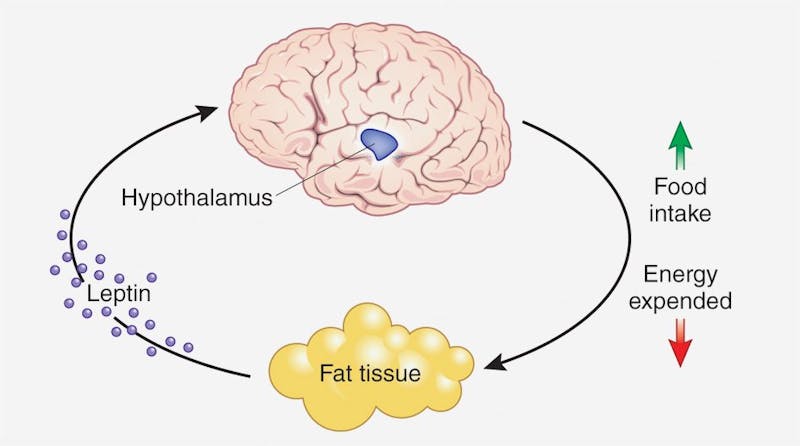


Dietary fat, on the other hand, does no such thing. It is absorbed in the intestines as chylomicrons, goes through the lymphatic system to the thoracic duct and directly into the systemic blood circulation (not the portal circulation of the liver). From there it goes into the fat cells to be stored. In other words, the fat does not affect the liver, and therefore does not need any help from insulin signaling and goes directly into fat stores.
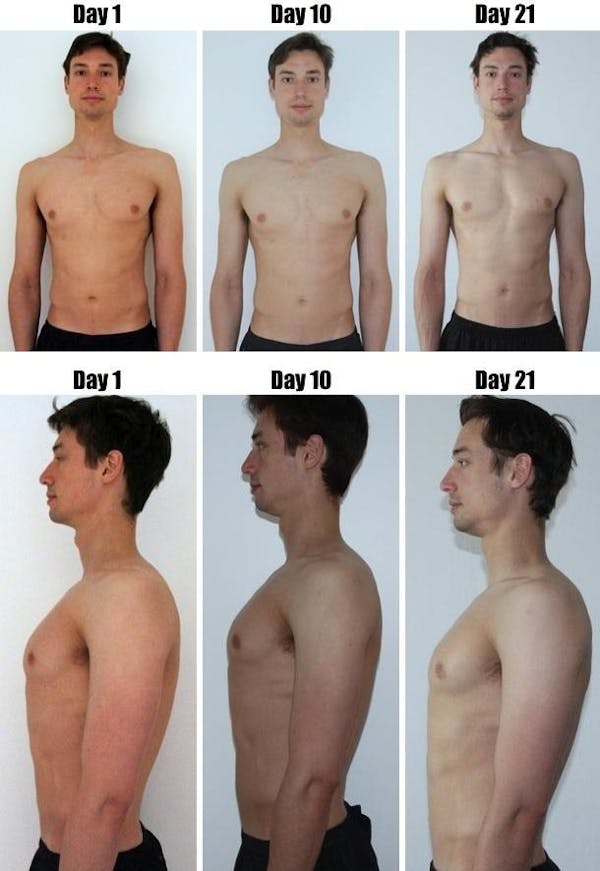


What happens if an overweight person overeats fat?
Now, the situation for the obese, leptin resistant person. As you eat lots and lots of fat, insulin does not go up. However, that ‘fat bomb’ does indeed go directly into your fat stores. You respond by increasing leptin levels in your blood. But here’s the difference. Your body doesn’t care. It’s resistant to the effects of leptin. So, your metabolism does not go up. Your appetite does not go down. None of the beneficial weight loss effects of eating that ‘fat bomb’ happens. And yes, you will need to eventually burn off that extra fat you’ve taken in.
The practical implication is this. If you are lean and leptin sensitive, then eating more dietary fat, like cheese, will likely not make you gain weight. However, if you are trying to lose weight, and have some problem with obesity/ insulin/ leptin resistance, then adding extra fat to your meals is NOT a good idea. Once again, you can see that we do not need to go back to that outdated, and useless notion of calories. Obesity is a hormonal, more than a caloric, imbalance.
What can you do instead? Well, eating more carbs is not a good idea. Neither is over eating protein. Nor is eating more fat. So, what is left? That’s what we call fasting.
At this point, you might worry about nutrient deficiency. That is why so many people talk about nutrient density. How can you get the maximum nutrients for the minimum calories? I see this as muddled thinking. Ask yourself this – are you worried about treating obesity or nutrient deficiency? If you choose obesity, then worry about obesity. You don’t need more nutrients, you need less. Less of everything.
If you are instead worried about nutrient deficiency, then treat the nutrient deficiency, but let’s be clear – THIS HAS NOTHING TO DO WITH THE TREATMENT OF OBESITY. If you are worried about, say, Vitamin C because you have scurvy, then by all means, take foods dense with Vitamin C. But it will not make a bit of difference for the treatment of obesity.
The issue of obesity and the issue of nutrient deficiency are completely different. Do not confuse the two. I treat obesity, not beriberi disease. So I worry about reversing hyperinsulinemia/ insulin resistance/ leptin resistance. If you are leptin resistant, then no, adding more fat does not make you lose weight.
Fat bombs, for you, are not a good idea.
—
Jason Fung
More
Intermittent Fasting for Beginners
Top videos with Dr. Fung
- MEMBERS ONLY
![Part 8 of Dr. Jason Fung's diabetes course]()
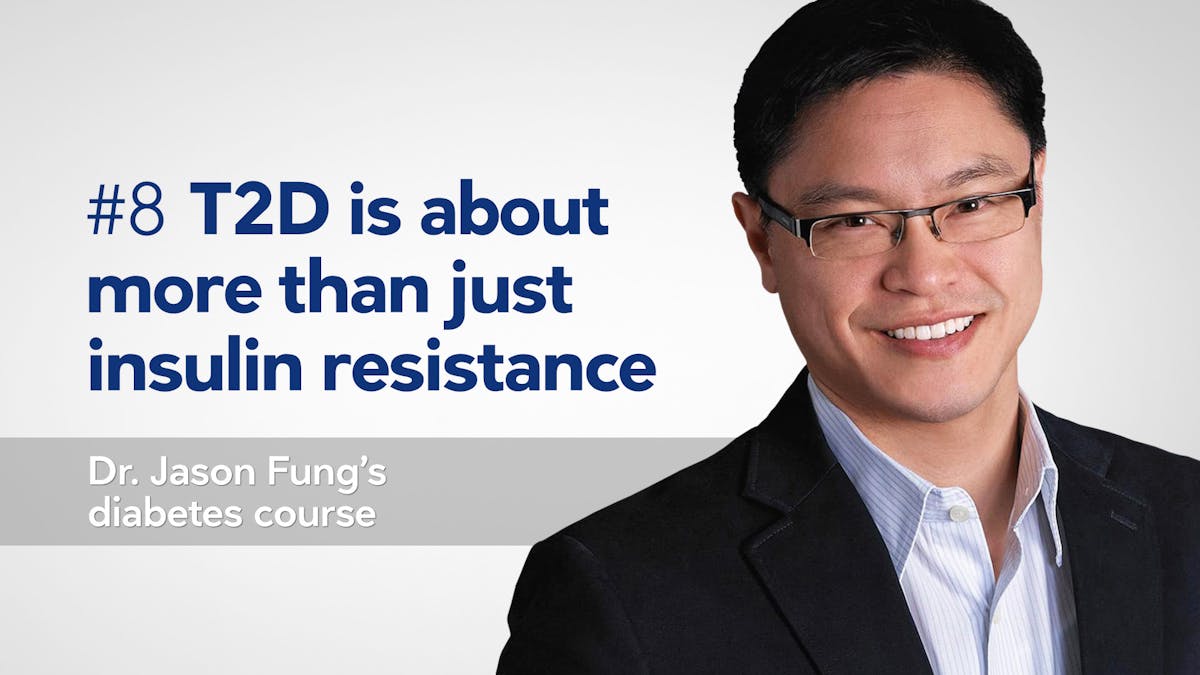
- MEMBERS ONLY
![The essential problem with type 2 diabetes]()
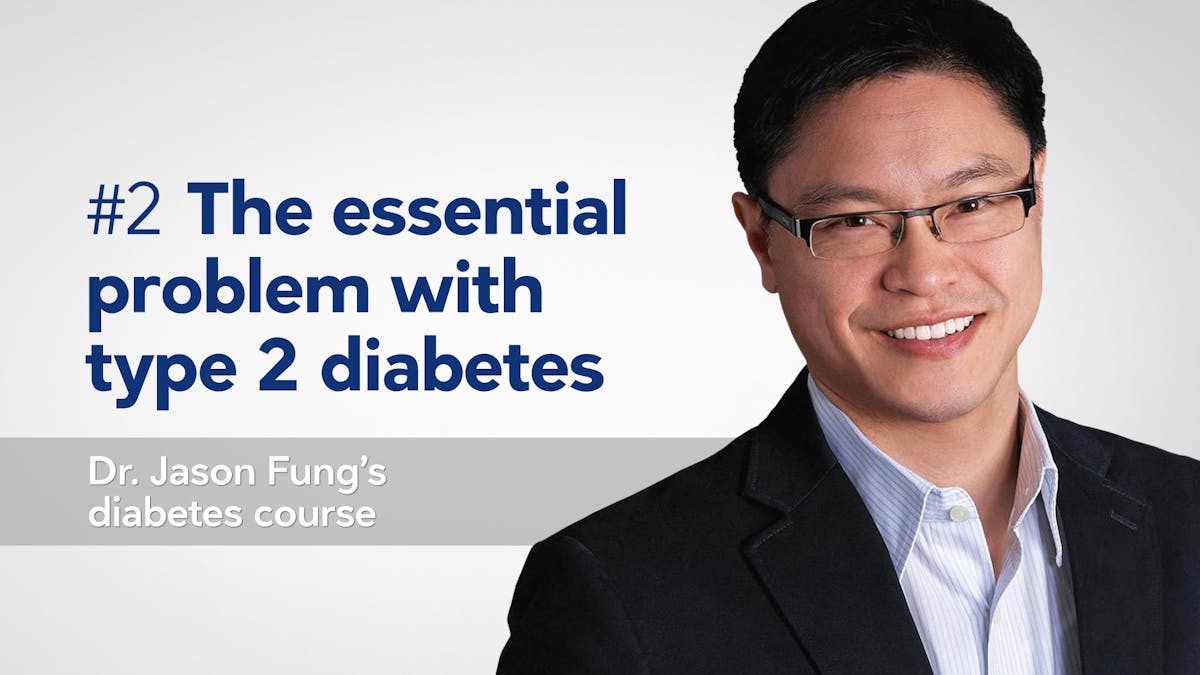
- MEMBERS ONLY
![The 2 big lies of type 2 diabetes]()
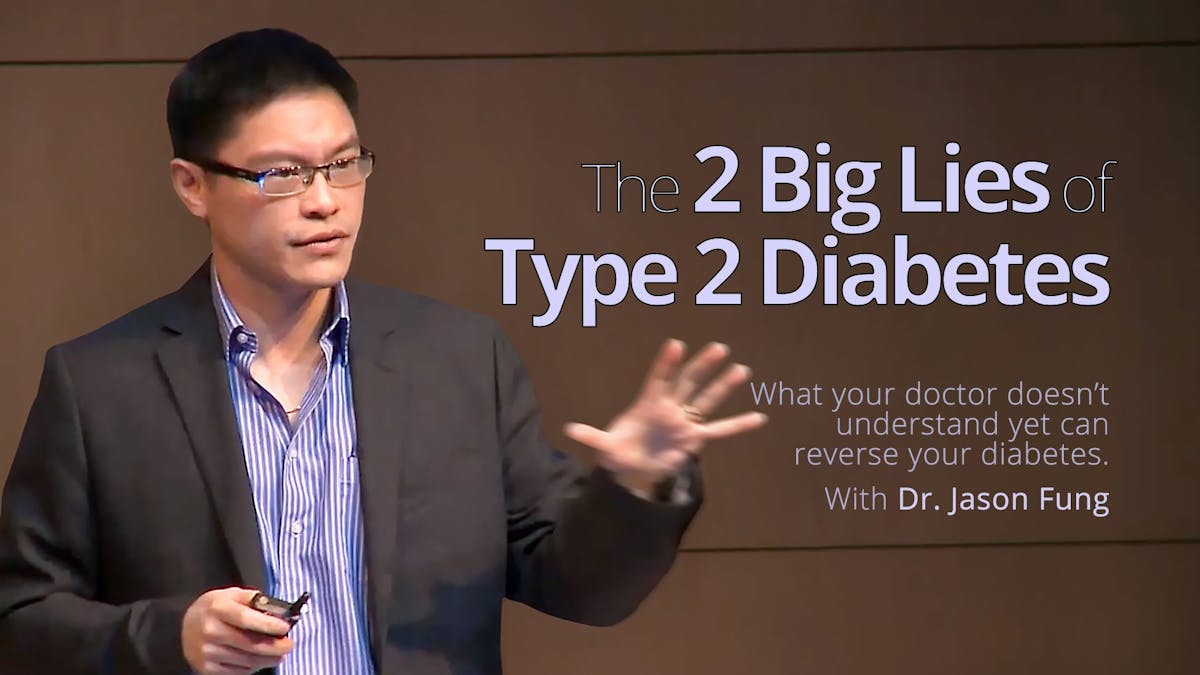
- MEMBERS ONLY
![The cause of obesity]()
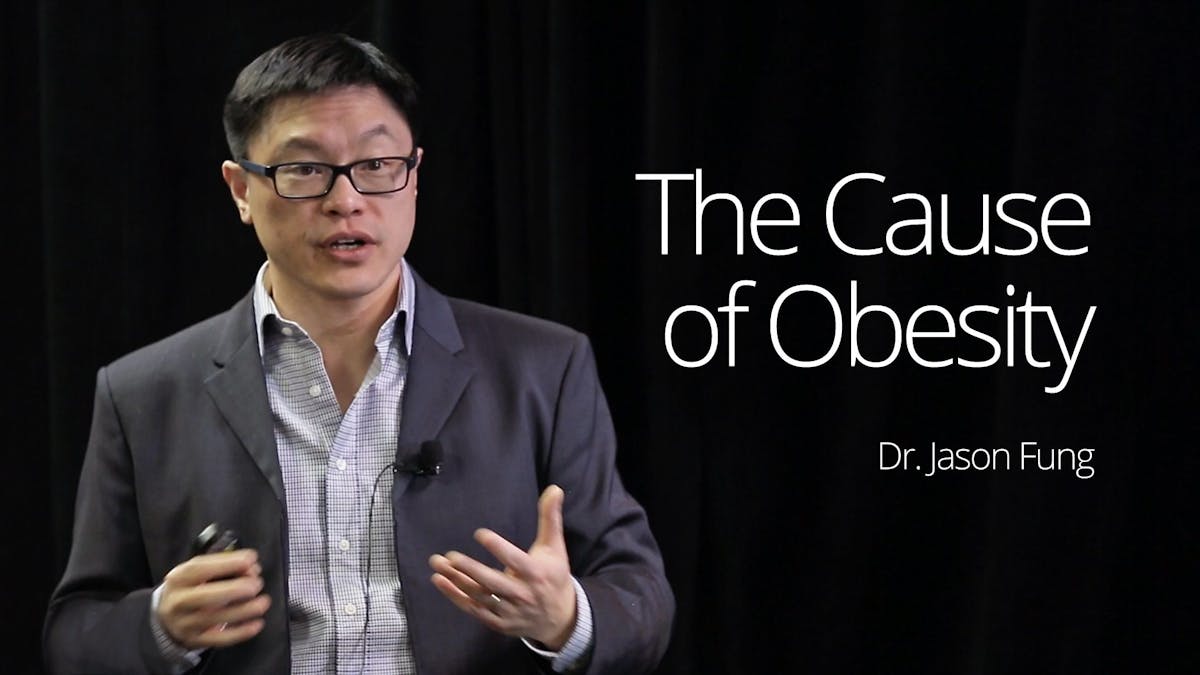
Earlier with Dr. Jason Fung
Why Does Sugar Make People Fat?
Fructose and Fatty Liver – Why Sugar is a Toxin
Intermittent Fasting vs. Caloric Reduction – What’s the Difference?
Fructose and the Toxic Effects of Sugar
Obesity – Solving the Two-Compartment Problem
Why Fasting Is More Effective Than Calorie Counting
The Complete Guide to Fasting Is Finally Available!
How Does Fasting Affect Your Brain?
How to Renew Your Body: Fasting and Autophagy
Complications of Diabetes – A Disease Affecting All Organs
How Much Protein Should You Eat?
The Common Currency in Our Bodies Is Not Calories – Guess What It Is?
More with Dr. Fung
Dr. Fung has his own blog at intensivedietarymanagement.com. He is also active on Twitter.His book The Obesity Code is available on Amazon.
His new book, The Complete Guide to Fasting is also available on Amazon.
